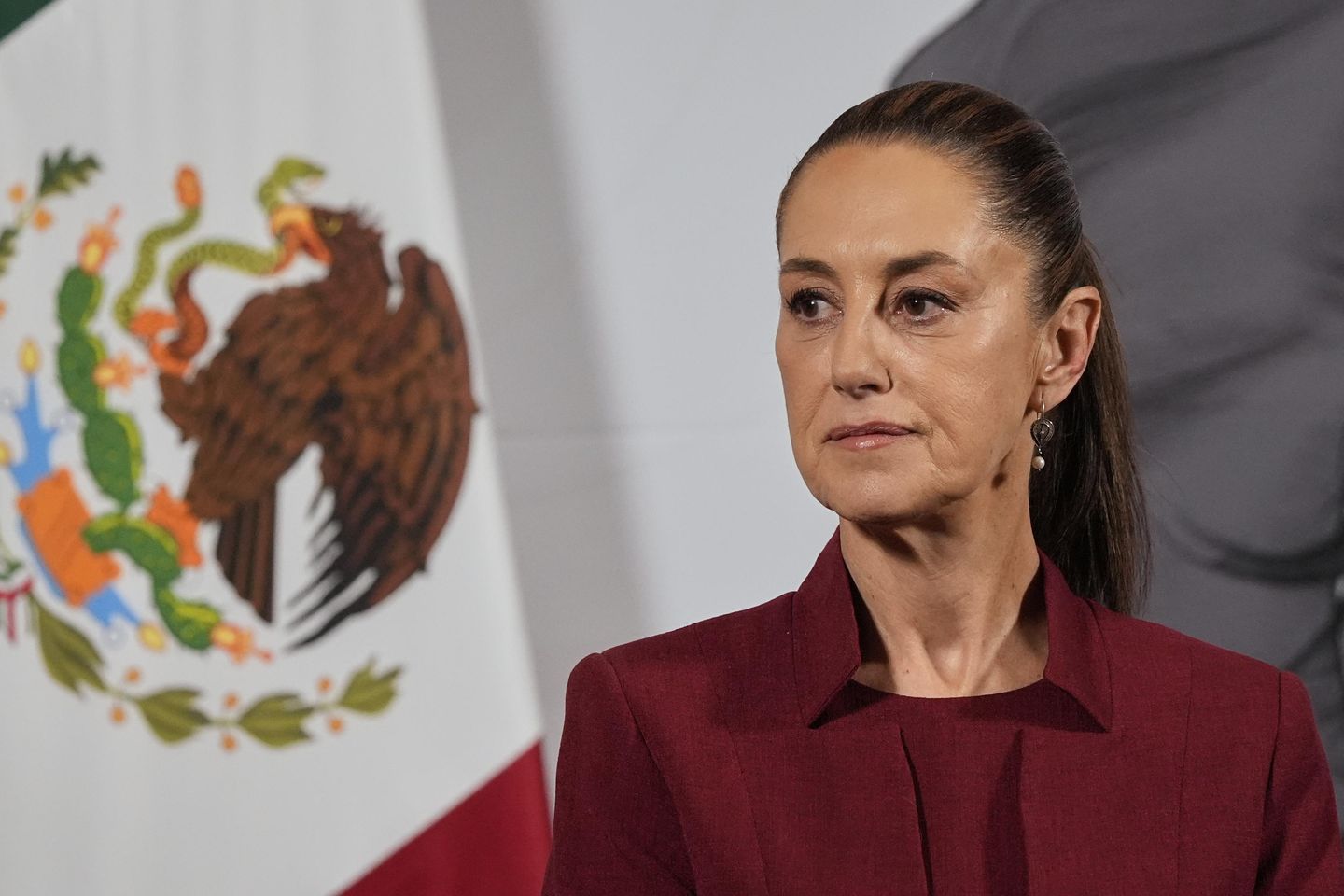Mexico's Big Tobacco Tax Hike and Cartel's Potential Gains
Mexico's Senate is pushing to pass a bill that would hike the country's tax on tobacco, aiming to improve public health and boost government revenue.

Mexico is currently in the midst of a significant debate over a proposed hike in tobacco taxes, with the government eyeing a move that could have far-reaching effects on public health and the country's finances.
While the primary intention behind the tax increase is to discourage smoking and generate additional revenue for government programs, there are concerns that these measures could inadvertently benefit criminal organizations, particularly drug cartels.
Historically, cartels in Mexico have been involved in various illicit activities, including the smuggling and distribution of contraband goods. With a potential uptick in tobacco taxes, these criminal groups could see an opportunity to capitalize on the price disparity between legal and black-market tobacco products.
This situation underscores the complex nature of policy decisions, as efforts to address public health concerns and enhance government revenue must also consider the broader socioeconomic implications and potential unintended consequences.